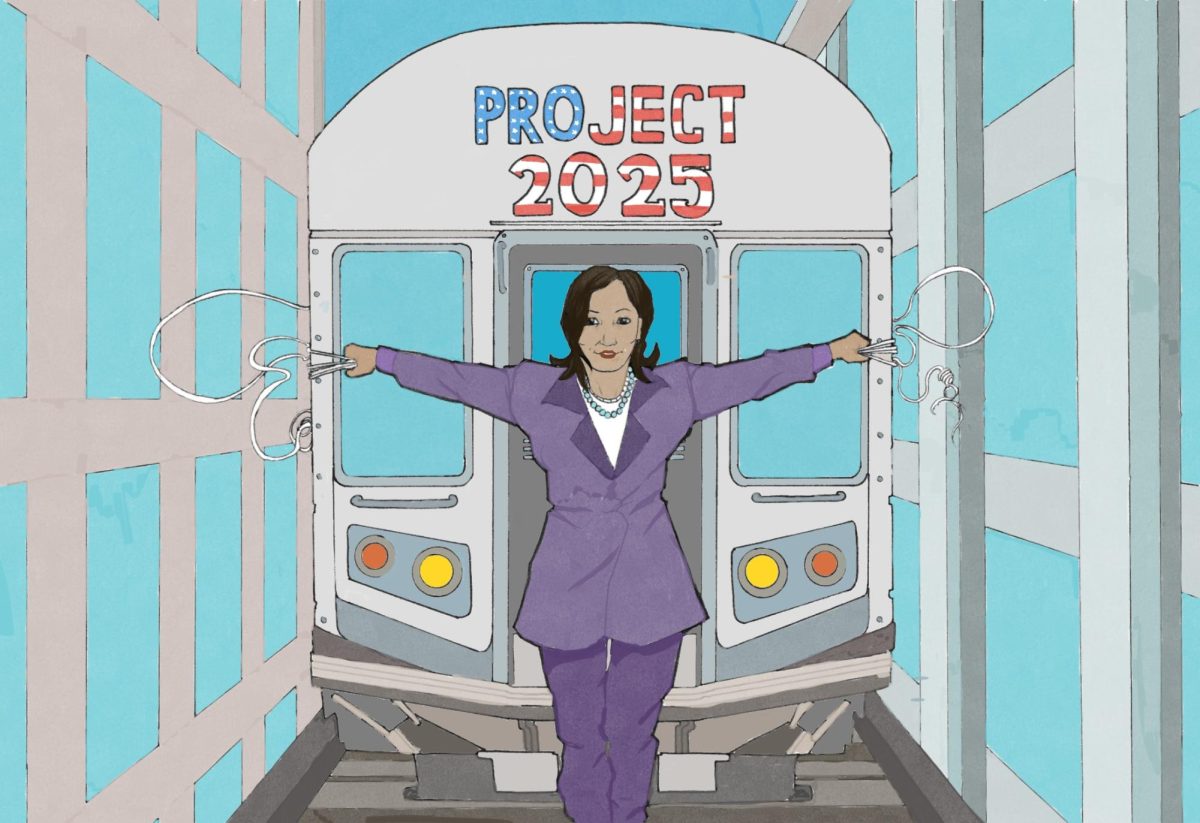Now that I have your attention, let’s begin.
Harvey brutally impaled Houston leaving a wet mess across the city and neighbors late August.
Irma raped multiple islands on its way to Florida last week.
An 8.1 earthquake bed-rocked Mexico leaving more than 90 confirmed deaths on Sept. 9.
Volcano Fernandina in the Galapagos reached climax and spewed out on Sept. 5.
Yet it was the “screw up” of Ted Cruz’s staff aid “liking” a pornographic tweet on Cruz’s verified account that got the Talon Marks newsroom talking. This is a perfect example of how sex, as the topic of a conversation, can peak interest, distracting people from more pressing matters.
I’m no exception.
Instead of working on a possible Pulitzer winning article on climate change, I jumped at the opportunity to write a con take on the hot topic of “should pornography be normalized in society?”
The quick and back-seat answer is “no, pornography should not be normalized in society.”
The long answer is pornography should not be normalized in society because society is distracted enough.
Our minds become aroused inside our thinking pants when pop culture pops in our faces.
Apple’s Special Event displayed the new iPhones. Taylor Swift released her snake video after winning a court case. Stranger Things took home five Emmy Awards.
There are life or death issues happening in the country and world and all these distractions work against figuring out solutions to these problems.
Normalizing sexuality on a societal level opens the possibility of abuse from the marketing industry.
Call it a slippery slope or a reach, but we’ve already seen this with top clothing brands such as Dolce & Gabbana’s 2007 ad or American Apparel’s… well, any billboard they’ve put out.
Seeing these kinds of images as kids and teenagers can be detrimental to self-esteem and sex education — and we all know how much help public schools need when it comes to sex-ed.
The media’s version of what kind of people are considered worth splashing their faces onto magazine covers and main character roles is very specific.
When youths see these images they acquire low self-esteem and try imitate the look of their role-models whether it’s caked-on makeup or revealing clothing.
I’m not saying let’s kink-shame the sexually liberated.
I’m saying let’s respect sex enough to keep it away from the public’s eye.
Whether you see sex as something special or not, sex – along with sexual content and suggestive content – should be kept in private for the sanity of our youth and society well-being.









